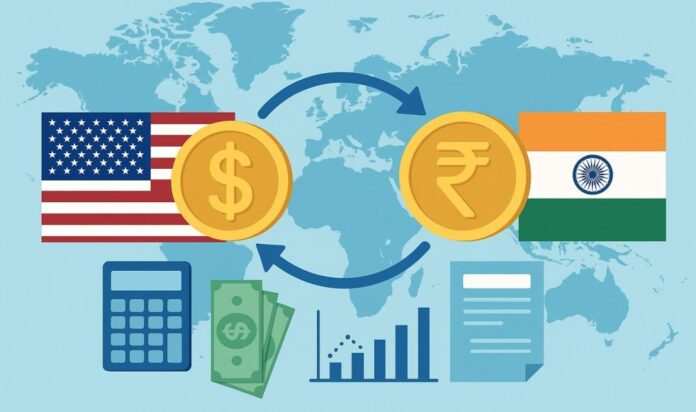Vidya Sethuraman
India Post News Service
Tucked into the thousand plus pages of President Trump’s “big, beautiful” spending package which passed the House last month is a proposal to impose a 3.5% tax on remittances. In 2024, US residents sent more than $220 billion to families and friends in other countries: more than half went to Latin America.
Mexico is the largest recipient of US remittances, while India is the top recipient of remittances from around the world. Experts at the EMS briefing warned the tax would harm economies abroad, especially in lower income countries where remittances account for up to 30% of GDP. Immigrant advocates argue the proposal represents a form of double taxation as senders including millions of undocumented immigrants already pay income tax on their earnings.
Helen Dempster, Policy Fellow and Assistant Director for the Migration, Displacement, and Humanitarian Policy Program at the Center for Global Development pointed out that if the tax increases the cost of remittances by 3.5%, global remittance flows may decrease by 5.6%. In terms of absolute losses. She emphasized: “For many countries, remittances have long surpassed foreign aid and become the largest source of funds.”
Dr. Manuel Orozco of the Harvard University Development Center further pointed out that there are major challenges in the implementation of the tax. “This move involves requiring financial institutions to confirm whether the remitter is a US citizen or legal resident, which will violate privacy and increase the risk of identity theft.” He warned that the increase in transaction costs will force some people to turn to unauthorized remittance channels, thereby facilitating money laundering and transnational criminal activities.
Ariel Ruiz Soto, Senior Policy Analyst, Migration Policy Institute pointed out that this tax will lead to a surge in remittances in the short term and may slow down in the long term, but it may eventually force some families to choose to immigrate because they lose their economic pillars. He warned: “This will offset the Trump administration’s policy goal of trying to curb illegal immigration.” He added that immigrants may turn to informal or illegal channels to send remittances, increasing personal risks and money laundering risks.
Ana Valdez, President and CEO of the Latino Donors Association, criticized the bill from an internal U.S. perspective, saying it “punishes immigrants for their American dream.” She said, “This money has been taxed once or even twice, and now it has to be taxed again, which is really unfair.” She also revealed that banks have recently observed a large number of immigrants withdrawing their deposits, and they are expected to evade taxes by carrying cash or sending money on their behalf, which will undermine the stability of the financial system.
Also Read: India tops list of recipient countries for remittances with $129 bn inflow in 2024







